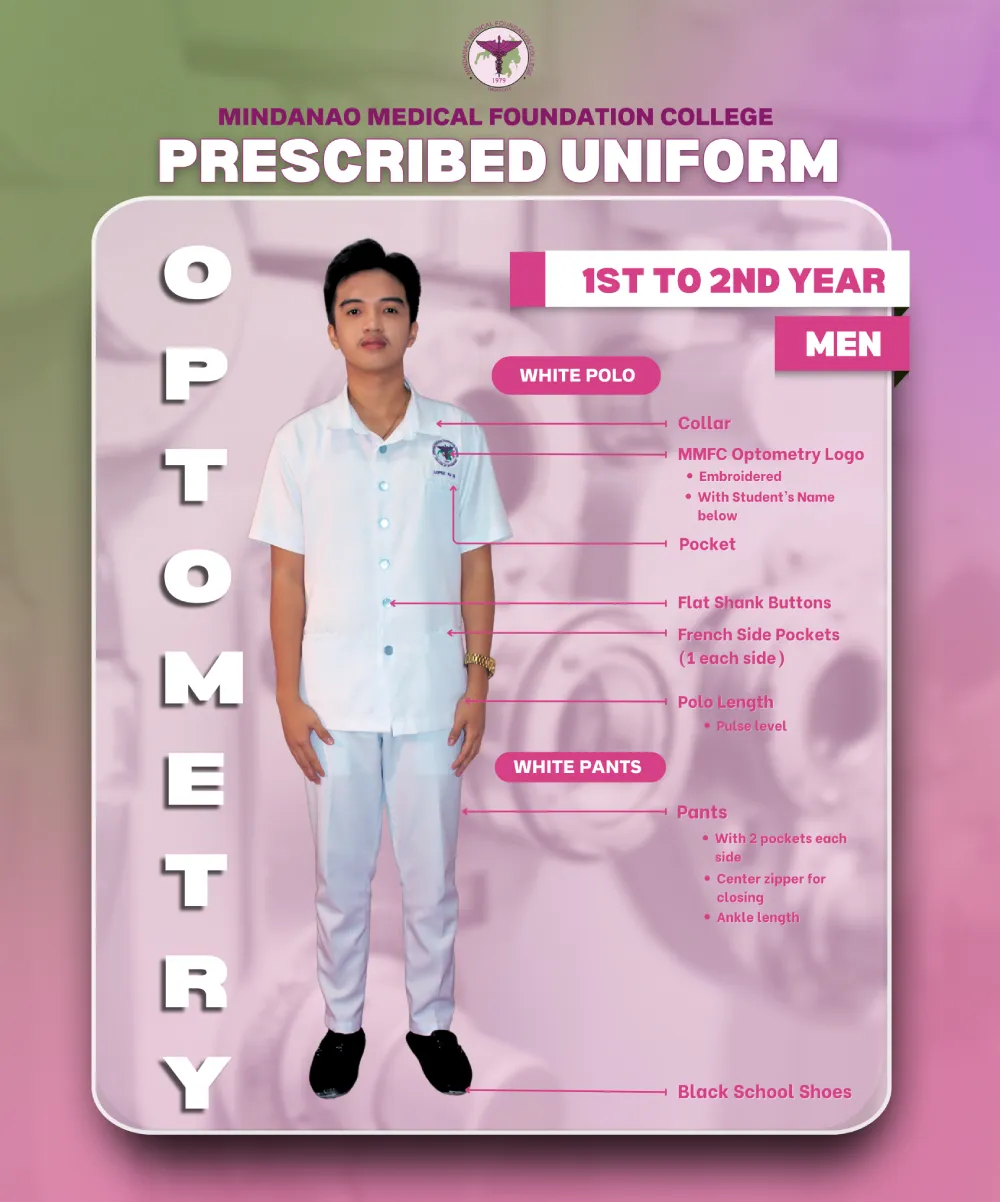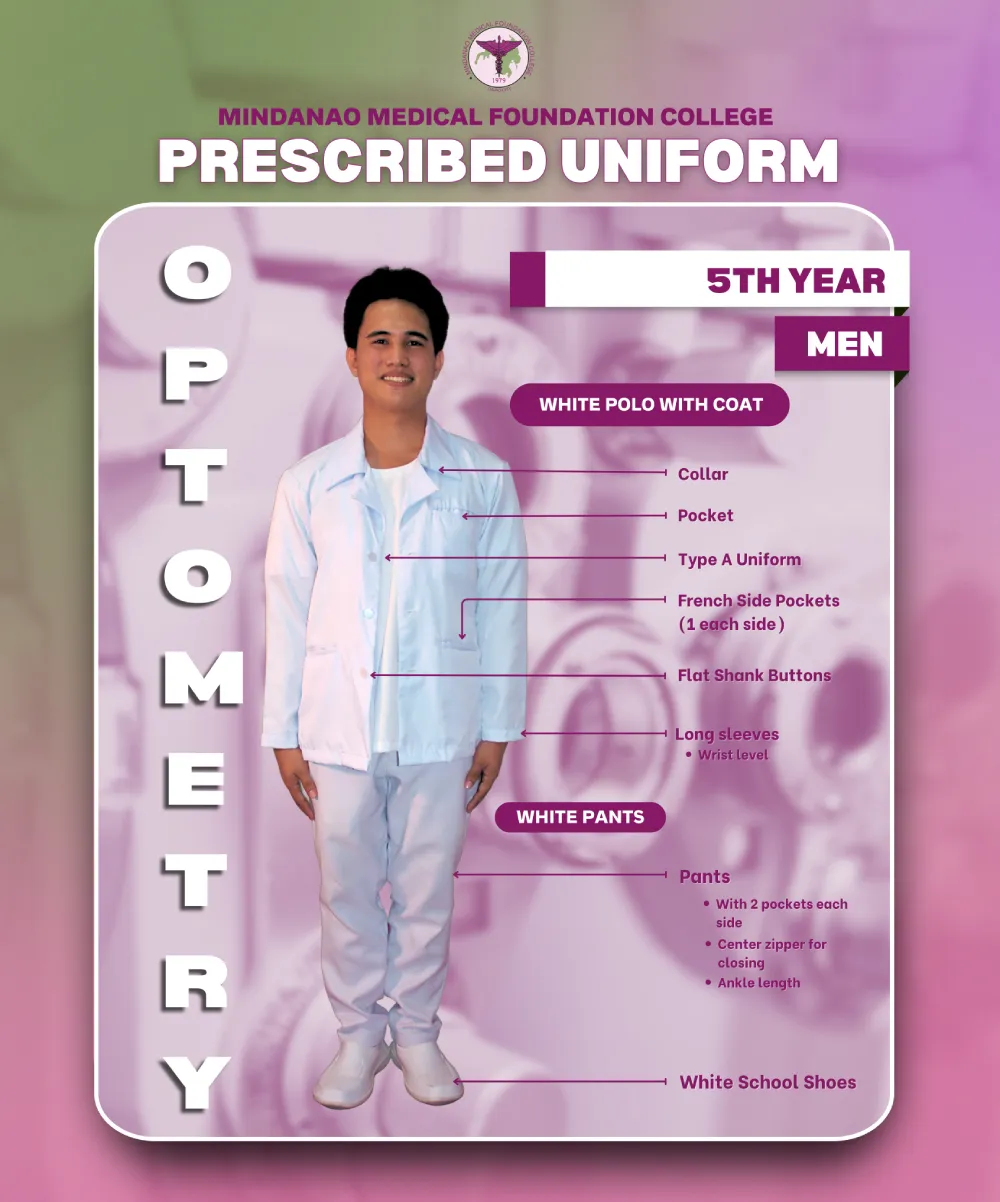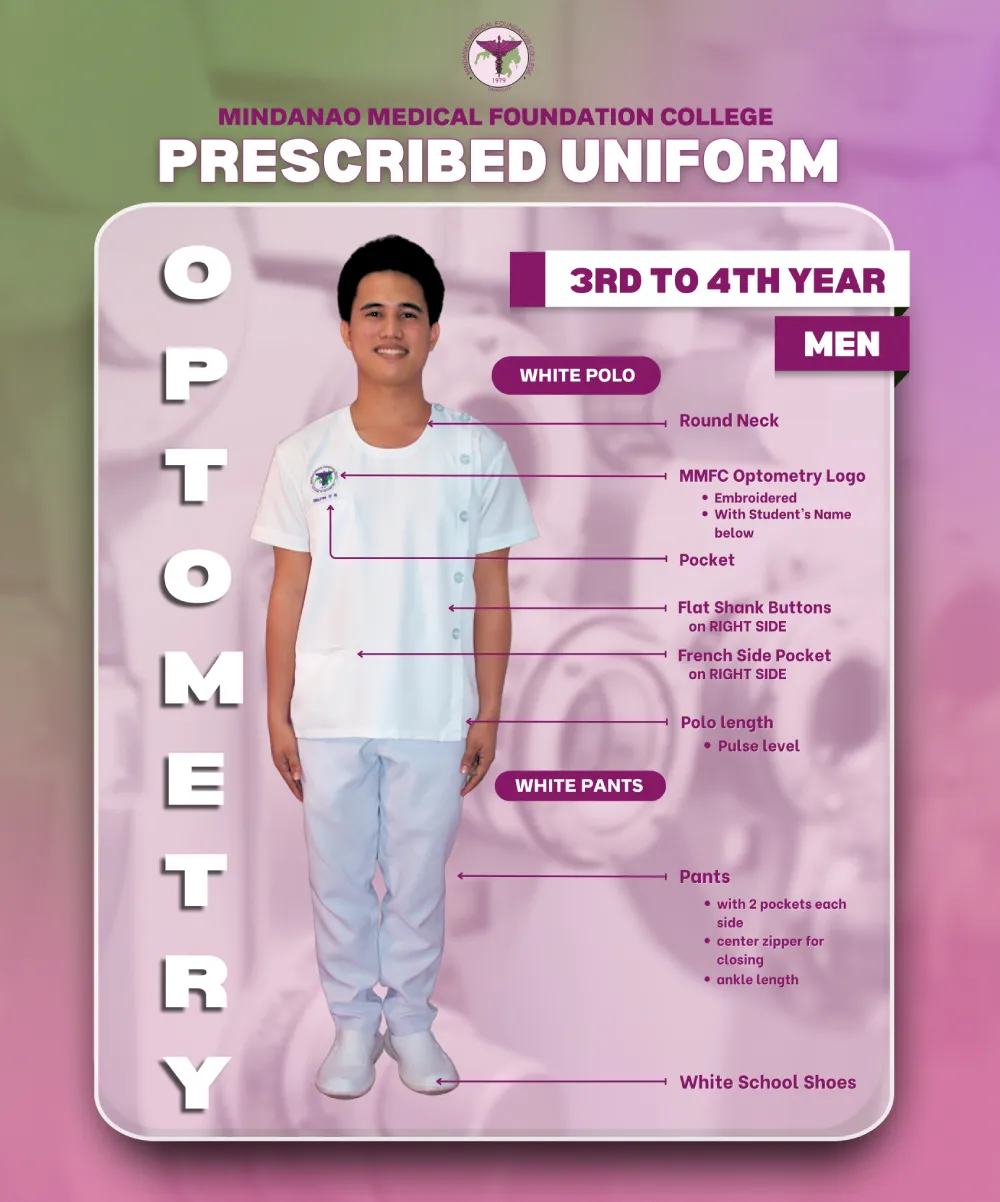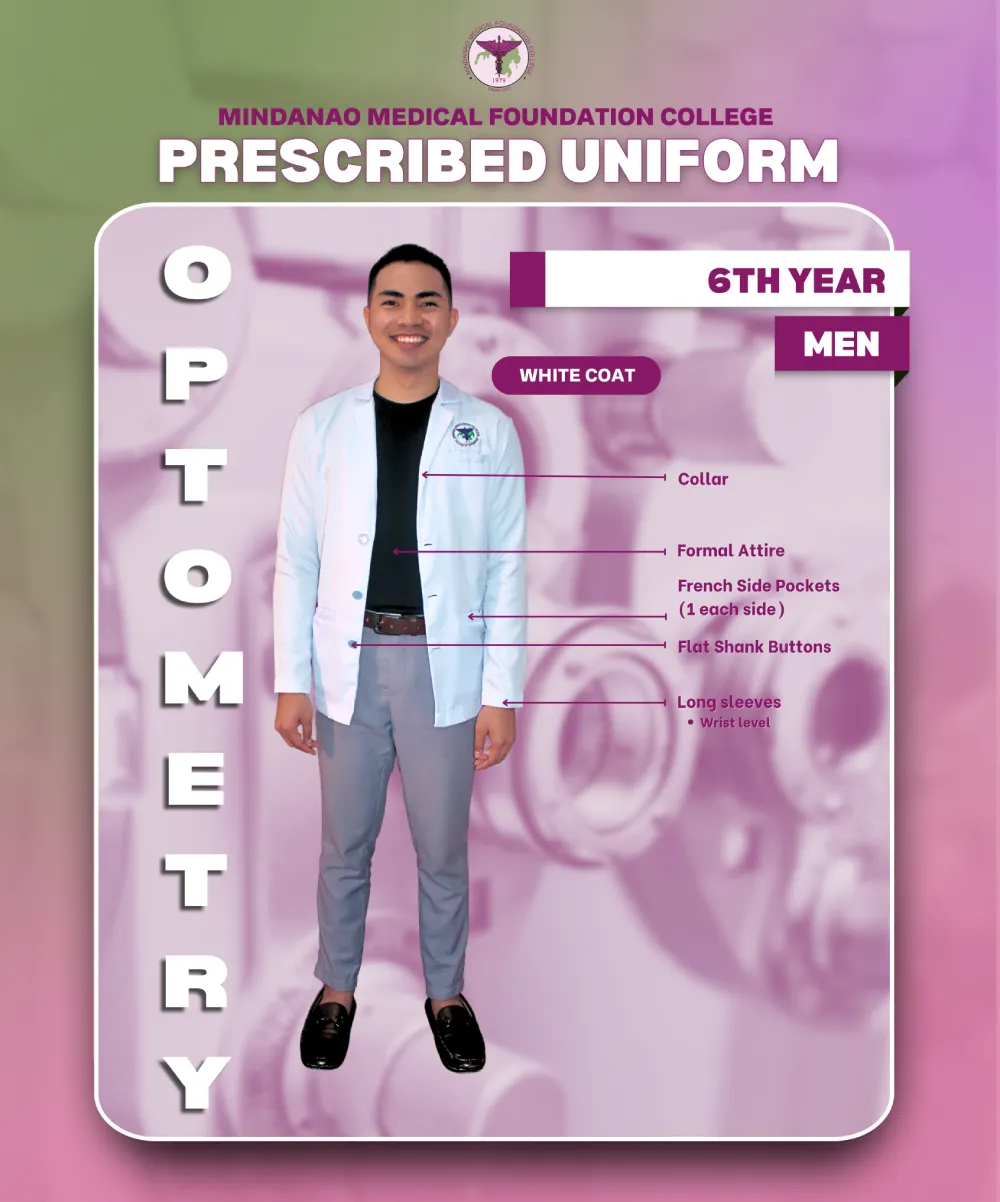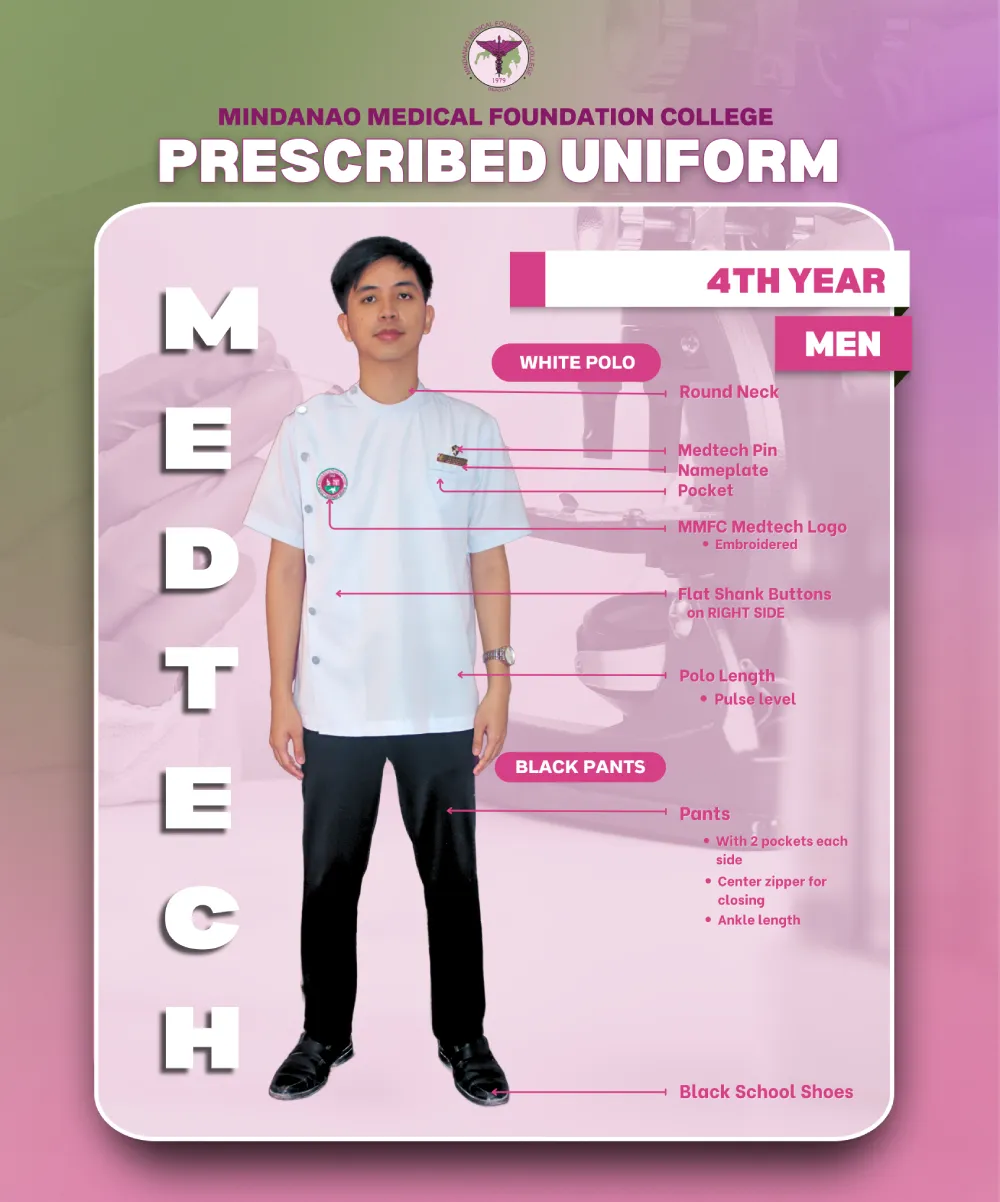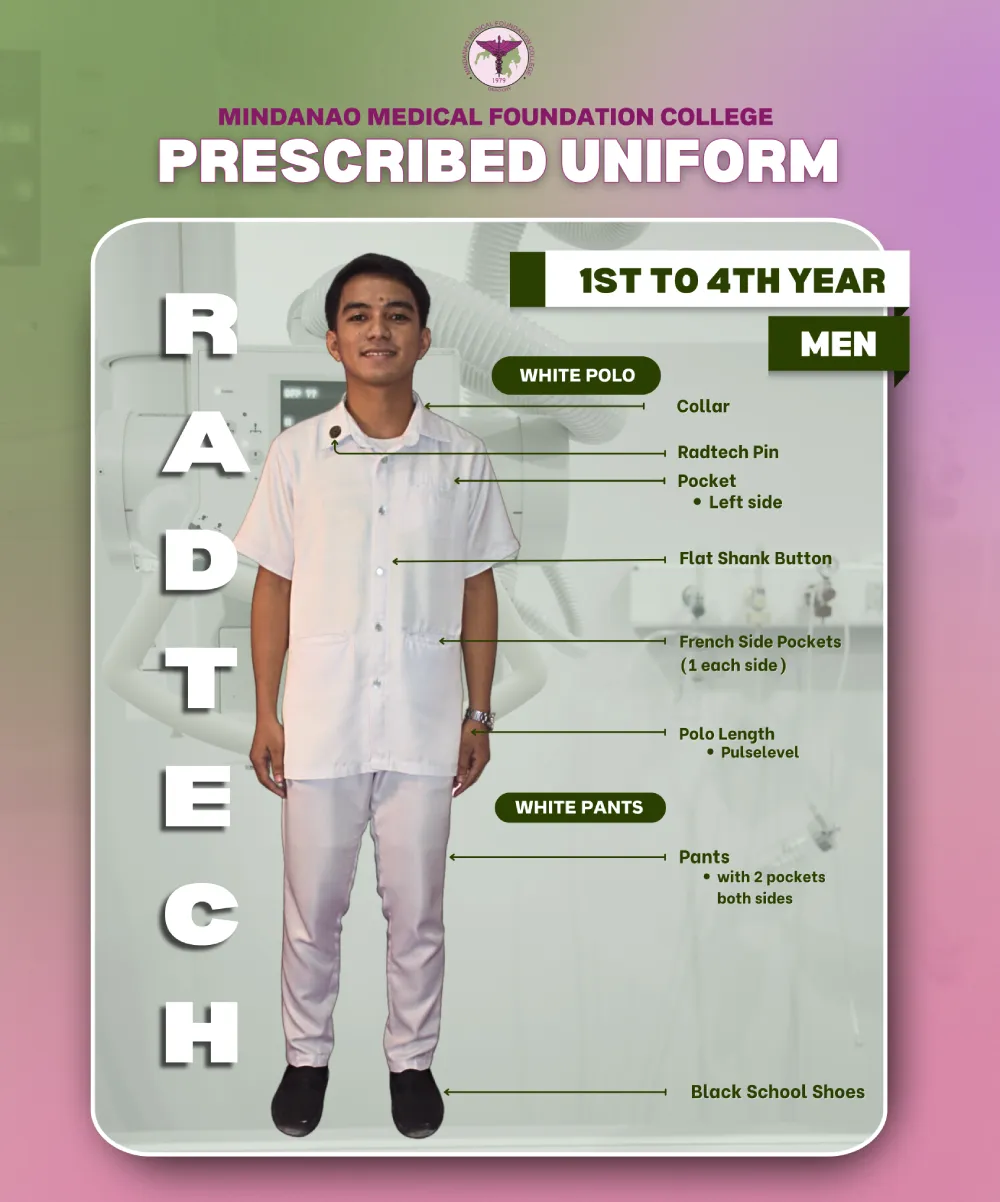
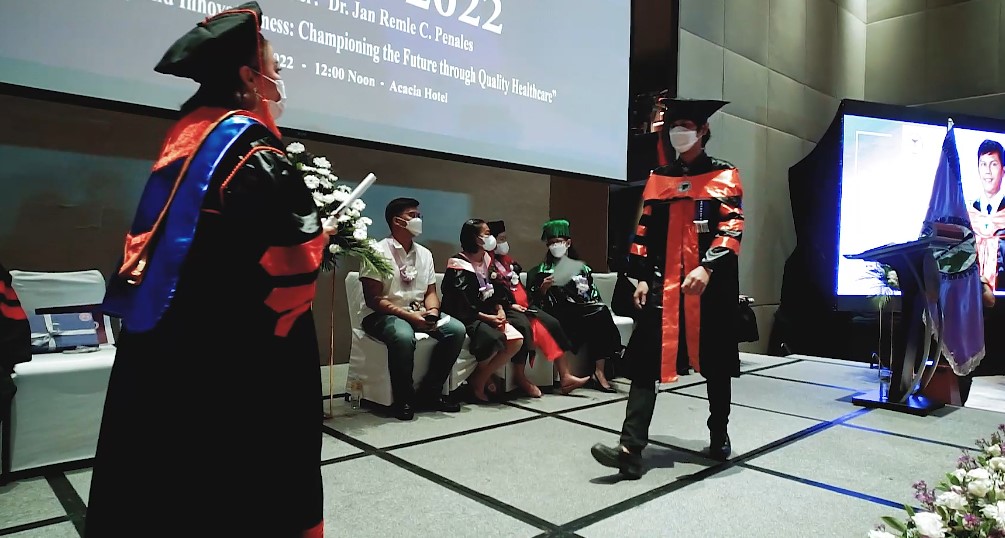
UNDERGRADUATE RESEARCH
CHED Mandate
As mandated by the CHED every student earning a baccalaureate degree is required to conduct research before his/her graduation. Research knowledge will help a student become an excellent professional. Some of the common elements in research definitions are scientific investigation, systematic inquiry, scientific process that aims to answer questions, and more. In this context, research must be viewed as a consolidation of knowledge obtained from classroom instruction to actual field or community exposures. In every corner of any professional field, research is viewed as an integral part of the search for evidence-based practice. Hence, every student aiming to pursue a professional career and postgraduate degree must be equipped with the required knowledge in conducting research studies and in preparing a technical paper or thesis. Thesis is a scholarly output aligned with the call for outcomes-based education (OBE). OBE as described by CHED is a comprehensive approach to organizing and operating an education system that is focused on and defined by the successful demonstrations of learning sought from each student.
PUBLISHED RESEARCH PAPERS
An Insight into the Lived Experiences of Medical College Women Post-Pandemic
Published: 2024-10-21
Authors: Galeos, Michelle; Domag, Concepcion M.; Palarisan, Novie John
Ethical Considerations
MMFC maintains to adhere ethical norms in research. In the entire research process, researchers have to carry out various considerations to meet ethical standard set by American Psychological Association (APA).
Involving Human in Research
In research involving human, the researcher ensures full disclosure of the nature of the study, the risks, benefits and alternatives, with an extended opportunity to ask questions; minimizes possible harms fosters fairness and protects confidentiality of the individual at all cost.
Humane Care and Use of Animals in Research
In subjecting animals, APA emphasizes that researchers acquire, care for, use, and dispose of animals in compliance with current federal, state, and local laws and regulations, and with professional standards. Consideration for the humane treatment and well-being of the laboratory animal should be incorporated into the design and conduct of all procedures involving such animals, while keeping in mind the primary goal of undertaking the specific procedures of the research project-the acquisition of sound, replicable data.
In the Philippine setting, specific guidelines are found in Administrative Order No. 40 Series of 1999: Rules and Regulations on the Conduct of Scientific Procedures Using Animals.
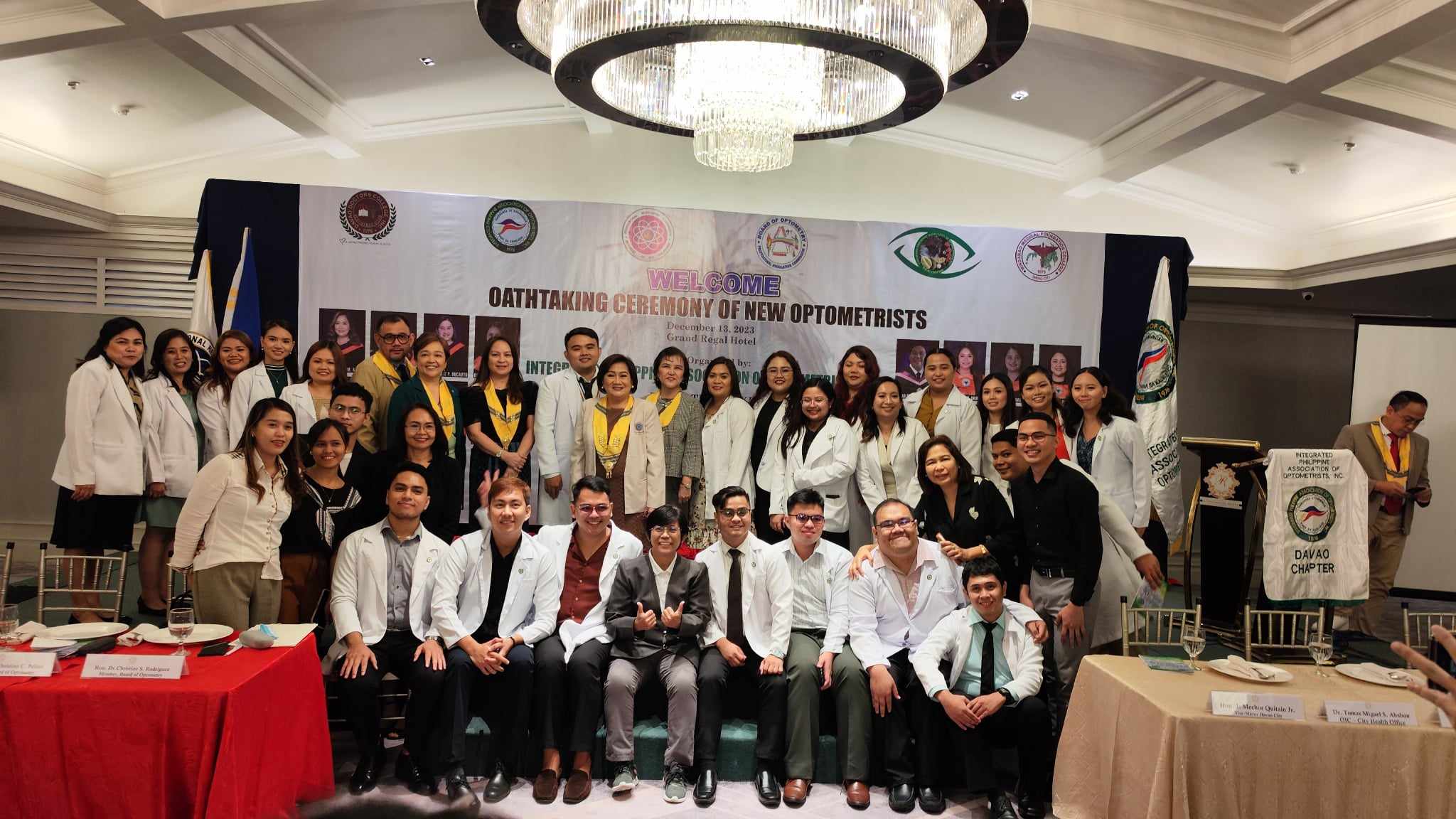

Protocols and Guidelines in Experimental Research Using Plants
Republic Act 9147 also known as the Wildlife Resources Conservation and Protection Act, Section 2 (a) states, “It shall be the policy of the State to conserve the country’s wildlife resources and their habitats for sustainability. In the pursuit of this policy, this Act shall have the following objectives: to conserve and protect wildlife species and their habitats to promote ecological balance and enhance biological diversity
Section 16. Biosafety. – All activities dealing on genetic engineering and pathogenic organisms in the Philippines, as well as activities requiring the importation, introduction, field release and breeding of organisms that are potentially harmful to man and the environment shall be reviewed in accordance with the biosafety guidelines ensuring public welfare and the protection and conservation of wildlife and their habitats.












